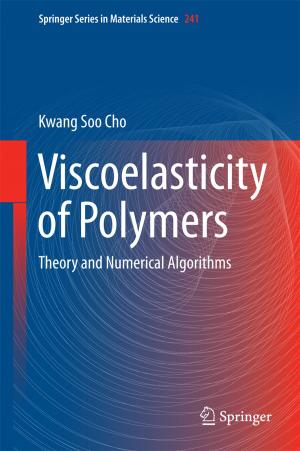Statistics in Science
The Foundations of Statistical Methods in Biology, Physics and Economics
Nonfiction, Science & Nature, Mathematics, Statistics, Science, Other Sciences, Philosophy & Social Aspects| Author: | ISBN: | 9789400906198 | |
| Publisher: | Springer Netherlands | Publication: | December 6, 2012 |
| Imprint: | Springer | Language: | English |
| Author: | |
| ISBN: | 9789400906198 |
| Publisher: | Springer Netherlands |
| Publication: | December 6, 2012 |
| Imprint: | Springer |
| Language: | English |
An inference may be defined as a passage of thought according to some method. In the theory of knowledge it is customary to distinguish deductive and non-deductive inferences. Deductive inferences are truth preserving, that is, the truth of the premises is preserved in the con clusion. As a result, the conclusion of a deductive inference is already 'contained' in the premises, although we may not know this fact until the inference is performed. Standard examples of deductive inferences are taken from logic and mathematics. Non-deductive inferences need not preserve truth, that is, 'thought may pass' from true premises to false conclusions. Such inferences can be expansive, or, ampliative in the sense that the performances of such inferences actually increases our putative knowledge. Standard non-deductive inferences do not really exist, but one may think of elementary inductive inferences in which conclusions regarding the future are drawn from knowledge of the past. Since the body of scientific knowledge is increasing, it is obvious that the method of science must allow non-deductive as well as deductive inferences. Indeed, the explosive growth of science in recent times points to a prominent role for the former. Philosophers of science have long tried to isolate and study the non-deductive inferences in science. The inevitability of such inferences one the one hand, juxtaposed with the poverty of all efforts to identify them, constitutes one of the major cognitive embarrassments of our time.
An inference may be defined as a passage of thought according to some method. In the theory of knowledge it is customary to distinguish deductive and non-deductive inferences. Deductive inferences are truth preserving, that is, the truth of the premises is preserved in the con clusion. As a result, the conclusion of a deductive inference is already 'contained' in the premises, although we may not know this fact until the inference is performed. Standard examples of deductive inferences are taken from logic and mathematics. Non-deductive inferences need not preserve truth, that is, 'thought may pass' from true premises to false conclusions. Such inferences can be expansive, or, ampliative in the sense that the performances of such inferences actually increases our putative knowledge. Standard non-deductive inferences do not really exist, but one may think of elementary inductive inferences in which conclusions regarding the future are drawn from knowledge of the past. Since the body of scientific knowledge is increasing, it is obvious that the method of science must allow non-deductive as well as deductive inferences. Indeed, the explosive growth of science in recent times points to a prominent role for the former. Philosophers of science have long tried to isolate and study the non-deductive inferences in science. The inevitability of such inferences one the one hand, juxtaposed with the poverty of all efforts to identify them, constitutes one of the major cognitive embarrassments of our time.















